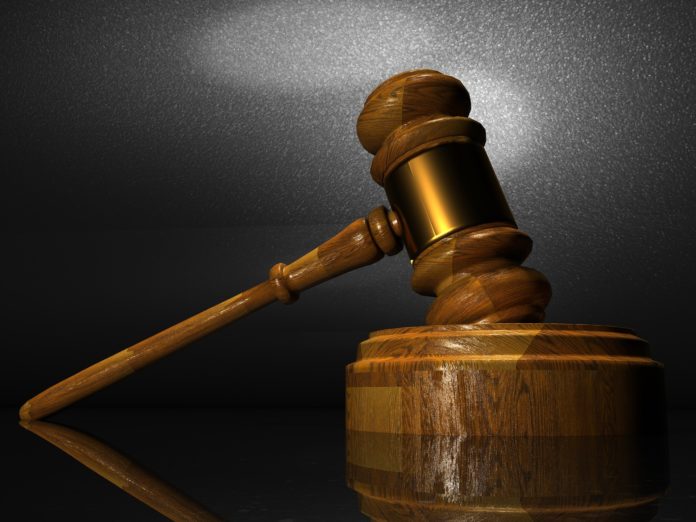MINNEAPOLIS – A Minnesota mother who was denied parental rights over her male to female transgender son’s medical and education decisions has lost her court case at the district level.
Anmarie Calgaro filed suit against her son, St. Louis County, Fairview Health Services, Park Nicollet Health Services, and the St. Louis County School District. She claimed that her Fourteenth Amendment due process rights were violated by the above organizations as they determined her son, referred to as E.J.K. in court documents, was emancipated, and withheld E.J.K.’s records from her.
U.S. District Court Judge Paul Magnuson took issue with that wording, saying that the organizations did not determine E.J.K. to be emancipated, as only a court order can do that. While Magnuson stated numerous times in his decision that E.J.K. was in fact not emancipated and that “Calgaro’s parental rights over E.J.K. remain intact.”
“The judge here makes some very strange and contradictory statements,” Julie Quist, Chairman of the Board of the Child Protection League told Alpha News. “On the one hand he says that EJK is not emancipates because there’s been no court action. He specifically says that the mother’s parental rights ‘remain intact’ and so therefore the defendants did not terminate her parental rights.”
However, Magnuson also ruled that Calgaro’s claims against the defendants were meritless, as she did not allege a specific execution of a policy by the School Board or County caused the deprivation of Calgaro’s parental rights. With regards to Fairview and Park Nicollet, Magnuson stated that because they are private entities and they did not act in collusion with the state, they cannot be held accountable.
“It’s a bizarre statement,” Quist said. “Obviously she is not being acquitted her parental rights, but somehow nobody has violated anything.”
“We’re going to appeal. Our principle concern is the law in this area is confused,” Erick Kaardal, Calgaro’s attorney, told Alpha News. “That the state of Minnesota hasn’t addressed emancipation procedures in a way that protects parental rights is unfortunate. As a consequence the court has to step up and tell us what the law is.”
Kaardal said that the court failed to do so in this decision.
E.J.K. was under the sole custody of Calgaro, but had been living outside of Calgaro’s house for some time, first with his biological father, then with family and friends, and currently by himself.
In June 2015 E.J.K. in court documents, consulted with a lawyer with Mid-Minnesota Legal Aid who provided him with a letter concluding E.J.K. was legally emancipated under Minnesota law.
“Its really sad because parental rights are really important,” Kaardal said. “In other issues like paternity, marriage dissolution, they get notice and opportunity to respond.”
Calgaro never had a chance to respond. As her son began gender transition services at Fairview and Park Nicollet she was not notified of any procedures, and her request to view her son’s medical records was denied. Similarly, as E.J.K. began to explore post-secondary education options, Calgaro’s request to view educational records was turned down by the St. Louis County School District.
“My client has always taken the position that she wants a say, she’s not necessarily opposed to the transgendering medical services but she wants a say,” Kaardal said of Calgaro.
“This is not an issue primarily about transgenderism at all. This ruling is about the rights of parents to protect and guide their children,” Quist said. “Parents are a protection. When the state gets in and destroys that protection it leaves children at the mercy of people who can and will manipulate them.”
E.J.K. turns 18 in a few months, which would render the actionable part of the case moot. Kaardal said that his client still plans to appeal, citing Roe vs. Wade as an example of the capable-of-repetition doctrine. The woman in the Roe case had already given birth to her child, but the court case was allowed as future situations of similar legal principles were likely to occur for other women. Kaardal thinks this case could be used to decide parental rights in future cases.











